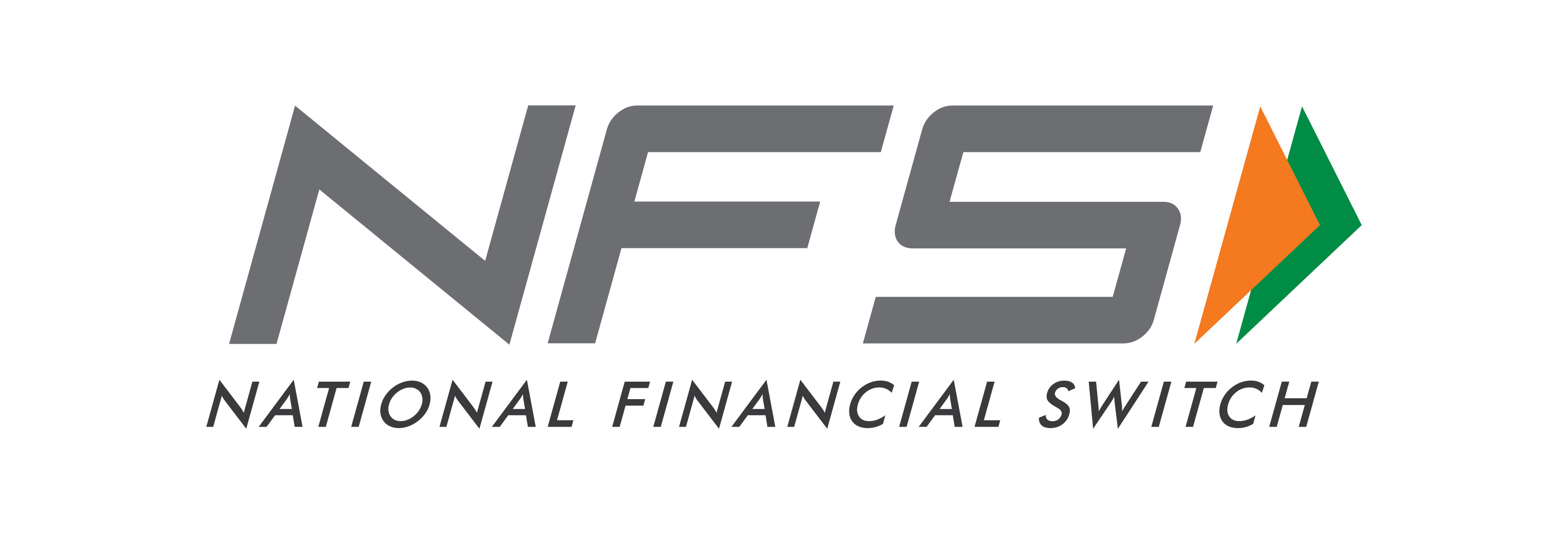A National Financial Switch (NFS) is a centralized electronic infrastructure that connects various financial institutions, such as banks, mobile money providers, and payment service operators, to facilitate seamless and interoperable transactions across the country.

It enables different financial entities to communicate and process transactions efficiently, allowing customers to transfer money, make payments, and access banking services from one bank or payment system to another with ease.
Key Features and Functions of a National Financial Switch (NFS):
Interoperability:
- NFS connects different financial systems, allowing customers to send and receive money between accounts from different banks, mobile money wallets, or payment platforms. For instance, a person can transfer money from their bank account to a mobile money wallet or vice versa.
Real-Time Transactions:
- Many NFS platforms support real-time or near real-time transactions, ensuring that payments, transfers, and withdrawals are processed quickly across various financial institutions.
ATM and POS Integration:
- NFS links ATMs (Automated Teller Machines) and POS (Point of Sale) systems across the country. This allows customers to use any ATM or POS machine, regardless of which bank they belong to, reducing reliance on a single bank's infrastructure.
Cost Efficiency:
- By centralizing the transaction processing infrastructure, NFS reduces operational costs for financial institutions, which may, in turn, lower transaction fees for customers.
Increased Financial Inclusion:
- NFS promotes financial inclusion by making financial services accessible to a broader population. It helps bridge the gap between banks and non-bank financial service providers, including mobile money operators, allowing more people, especially in rural areas, to participate in the formal financial system.
Improved Payment Ecosystem:
- NFS enhances the overall payment ecosystem by simplifying the process of transferring funds between different institutions, reducing delays, and increasing reliability.
Example of NFS in Zambia:
In Zambia, the National Financial Switch (NFS) was introduced by the Bank of Zambia (BoZ) as part of its initiative to modernize the country’s payment systems and promote financial inclusion. The NFS allows interoperability between different banks and mobile money operators, making it easier for Zambians to transfer funds between bank accounts, mobile wallets, and other payment systems.
Benefits of a National Financial Switch:
- Convenience: Customers can access their funds and conduct transactions through multiple channels, such as ATMs, mobile banking apps, and agents, regardless of the financial institution.
- Lower Costs: By centralizing infrastructure, costs associated with payments and money transfers are reduced, making financial services more affordable.
- Financial Inclusion: By integrating mobile money and other financial services, the NFS extends banking services to underserved populations, particularly in rural areas.
- Efficiency: The switch improves the speed and reliability of financial transactions, enhancing customer experience.
- Security: NFS is designed with robust security protocols to safeguard financial data and prevent fraud.
In short, the National Financial Switch (NFS) serves as a crucial backbone in the financial infrastructure of a country, facilitating seamless, secure, and efficient transactions across diverse financial platforms.


